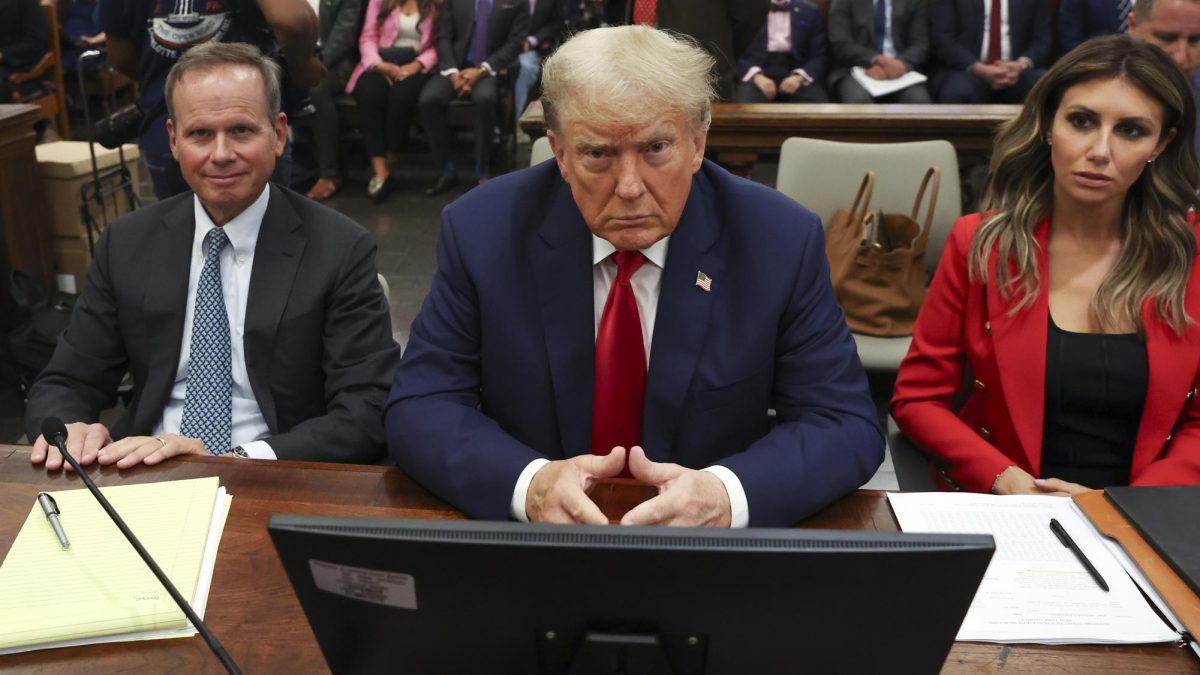Former President Donald Trump has been indicted on 91 charges, which he currently faces in four different trials. Before him, no president had ever been indicted, let alone put on trial.
Politico, which is tracking each case, has given each their own name: The Hush Money Case, The Federal Election Interference Case, The Classified Documents Case, and The Georgia Election Interference Case. Here’s an overview of each:
The Federal Election Interference Case
The Federal Election Interference Case traces back to the 2020 presidential election between former President Trump and current President Joe Biden. The charges state that Trump and his advisors spread false information about voter fraud leading up to the Jan. 6 riots at the Capitol.
On Jan. 6 in 2021, Trump gave a speech on the Ellipse of the U.S. Capitol that encouraged his followers to “stop the steal.” The crowd then stormed the Capitol in order to prevent congress from certifying the election. Prosecutors say they did so under his instruction, and this was part of his plan to overturn the election.
The Georgia Election Interference Case
The Georgia Election Interference Case alleges Trump attempted to overturn his loss in the 2020 election by asking for multiple recounts of votes in some states, since they were not in his favor, and asking some states to overturn the results.
After the election results were confirmed, Trump called Georgia’s then-Secretary of State (and current Governor) Brian Kemp, asking if it were possible to find 11,780 votes. Which were the amount of votes needed to overturn the election to win. But after the Georgia secretary said no, Trump sent a few of his people to change the official vote count. He was later charged with violating the Racketeer Influenced and Corrupt Organizations Act.
RICO is a law where prosecutors package together crimes if those crimes advance a single corrupt enterprise.
The Classified Documents Case
The Classified Documents Case addresses the charges that Trump retained highly-sensitive classified documents from his presidency and did not turn them over to his presidential archives. Prosecutors have evidence that he showed the documents to at least two people.
The National Archives asked Trump to return the documents, however, Trump’s lawyers said that they did not have the documents. After searching letter to letter, the Archives sent the FBI went to one of Trump’s hotels to see if they had any. They ended up finding some documents displayed and took them back as fast as possible.
The Hush Money Case
The Hush Money Case is the last case that Trump has against him. According to what is going on Trump was accused of having an affair with a porn star named Stormy Daniels, after the situation, Trump gave the woman ‘hush money’ to keep her quiet.
The case alleges that Trump used his former personal attorney and “fixer” Michael Cohen to give her the $130,000, then used his business to reimburse Cohen. Because of the timing of the payments, prosecutors wonder if he violated federal election law.



